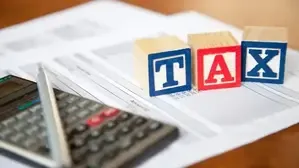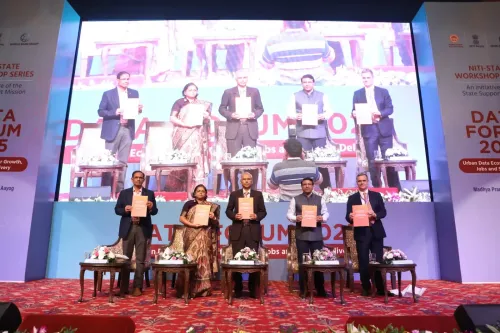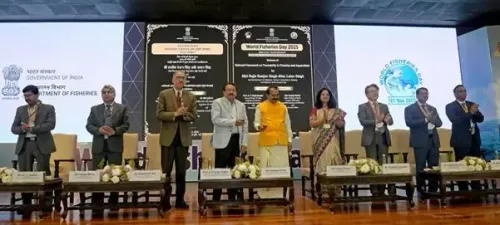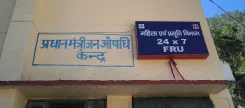What Does the Tax-Free Limit of Rs 12 Lakh Exclude?

Synopsis
Key Takeaways
- Income up to Rs 12.75 lakh is tax-free with a Rs 75,000 standard deduction.
- Short-term and long-term capital gains are excluded from the tax-free calculation.
- Section 87A rebate is not available for income taxed at special rates.
- Effective from FY 2025-26, the rebate changes will impact future tax filings.
- Taxpayers should monitor their income sources to understand their tax liabilities.
New Delhi, Aug 16 (NationPress) The government revealed in the Union Budget for 2025-26 that income up to Rs 12.75 lakh, after accounting for a standard deduction of Rs 75,000, will be exempt from taxes under the new tax framework.
However, it is crucial for taxpayers to understand that both short-term and long-term capital gains taxes are excluded from the total income that qualifies for this full exemption.
The Finance Act of 2025 clarified that the rebate under Section 87A is not applicable for income taxed at special rates. Therefore, a taxpayer cannot utilize the Section 87A rebate against tax liabilities arising from income subject to special rates, like short-term capital gains under Section 111A or long-term capital gains under Section 112A.
Analysts have pointed out that the elimination of the Section 87A tax rebate benefit was instituted through an amendment in Budget 2025 and is set to take effect from FY 2025-26 (AY 2026-27) onward. Currently, for FY 2024-25 (AY 2025-26), the Section 87A rebate on special rate incomes remains applicable, they noted.
For the uninitiated, for AY 2025-26, taxpayers with a total annual income of up to Rs 7 lakh qualify for the Section 87A rebate under the new tax regime, while those earning up to Rs 5 lakh qualify under the old regime. In this scenario, a taxpayer's total income is computed by excluding exempt income and incorporating allowable deductions, including the standard deduction for salary or pension income.
Utilizing the Section 87A tax rebate for incomes up to the specified limits should lead to a net tax liability of zero.
Nevertheless, the current Income Tax Return utility does not allow the Section 87A rebate on tax calculated for such special-rate income for FY 2024-25. As a result, individuals with a total income below Rs 7 lakh may still face tax liabilities if their income largely comprises special-rate capital gains. Analysts are awaiting further guidance from the Income Tax Department regarding whether this law will have retrospective effects from FY 2024-25.









